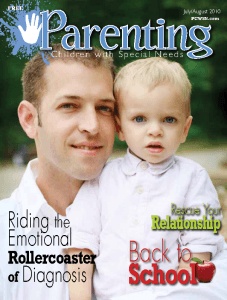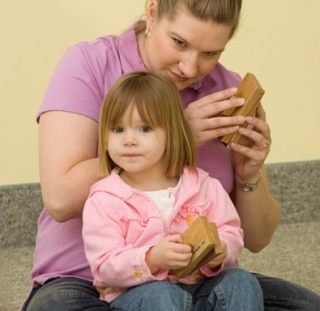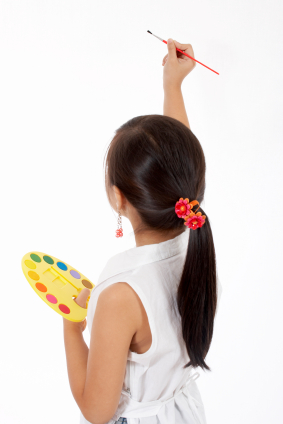 Are you the parent of a special needs child, or know someone who is? It can be as challenging as it is rewarding, and sometimes a little extra help is welcome.
Are you the parent of a special needs child, or know someone who is? It can be as challenging as it is rewarding, and sometimes a little extra help is welcome.
We recently came across a magazine called Parenting Children with Special Needs. It’s relatively new and currently only being distributed in print in the Kansas City area, but it’s available online to anyone. The content is not specific to any region or situation. You’ll find some really great stuff there that is sure to be valuable.
Magazines like this, and others like it, give parents and caregivers ideas, suggestion, and–sometimes most importantly–support, when it comes to raising a child with special needs.
At Kindermusik International, we often here stories from parents and educators who have seen success with Kindermusik when it comes to their special needs child. In many cases, music is one of the rare things that the child responds to. We’re proud to have our name associated with helping special needs children and their parents in any way we can.
So if you’re a parent looking for a little help, a supportive word, or something new to try, there are resources out there. We’ll routinely post them here at Minds at Music. Have a special needs resource you want to share? Post it in the comments area below!
Want to try Kindermusik with your special needs child to see if it’s a good fit? You can find classes and sign up for a free class preview at our Kindermusik Class Finder.







 I believe that music, as the only activity that simultaneously stimulates every area of the brain, is the best choice for my children through first grade. But what after they were done with Kindermusik?
I believe that music, as the only activity that simultaneously stimulates every area of the brain, is the best choice for my children through first grade. But what after they were done with Kindermusik?